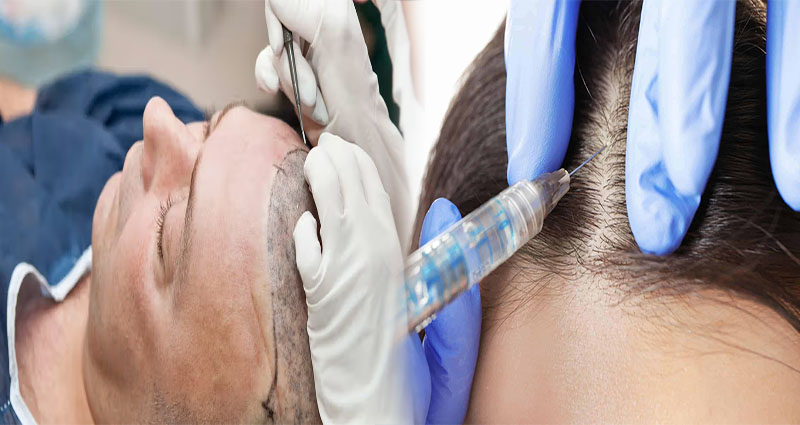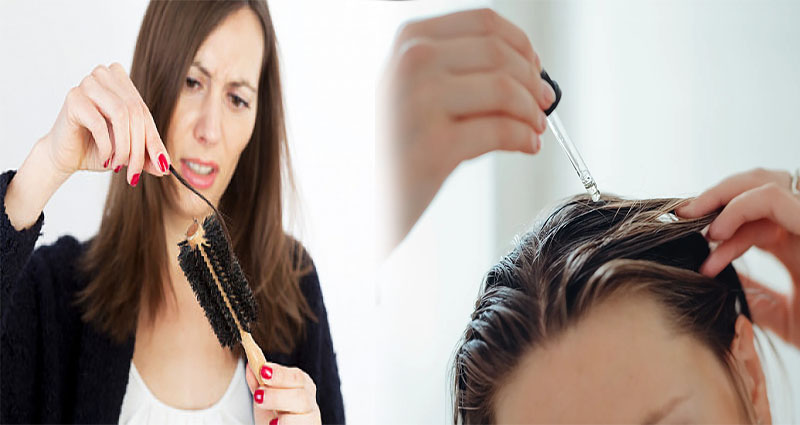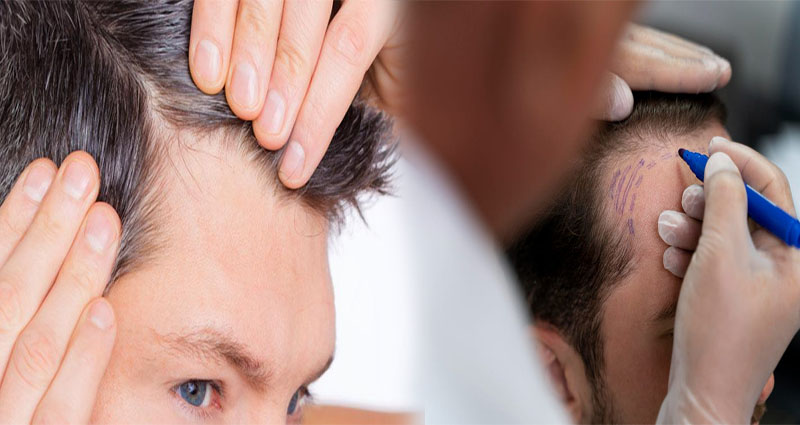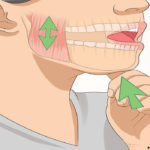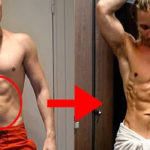What to Expect Regarding Success Rate and Results from a Hair Transplant
Hair transplant surgery has become a popular solution for individuals dealing with hair loss and balding. It is a surgical procedure that involves transferring hair follicles from one part of the scalp (donor site) to another (recipient site) to promote hair growth. If you are considering a hair transplant, it is essential to have realistic expectations regarding the success rate and results of the procedure.
Understanding Success Rate
The success rate of a hair transplant procedure can vary depending on several factors, including the technique used, the skill of the surgeon, the quality of the donor hair, and the individual’s existing hair loss condition. In general, modern hair transplant techniques, such as Follicular Unit Extraction (FUE) and Follicular Unit Transplantation (FUT), have high success rates.
Studies have shown that the success rate of hair transplant surgery ranges from 85% to 95%. This means that the majority of patients who undergo … Continue Reading >>>

